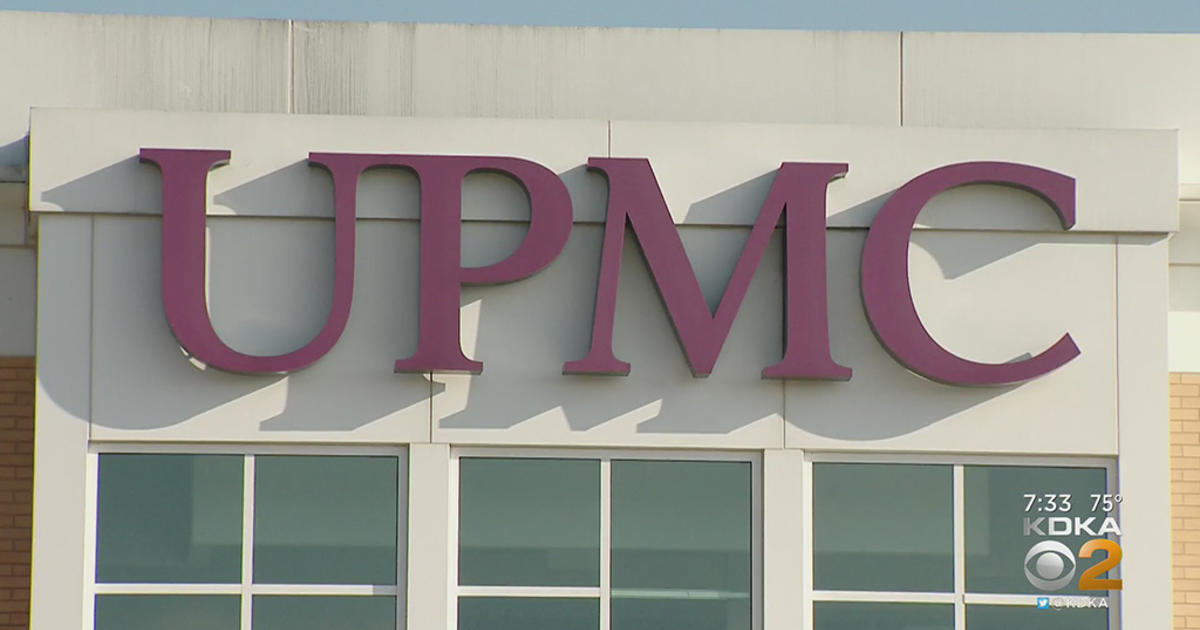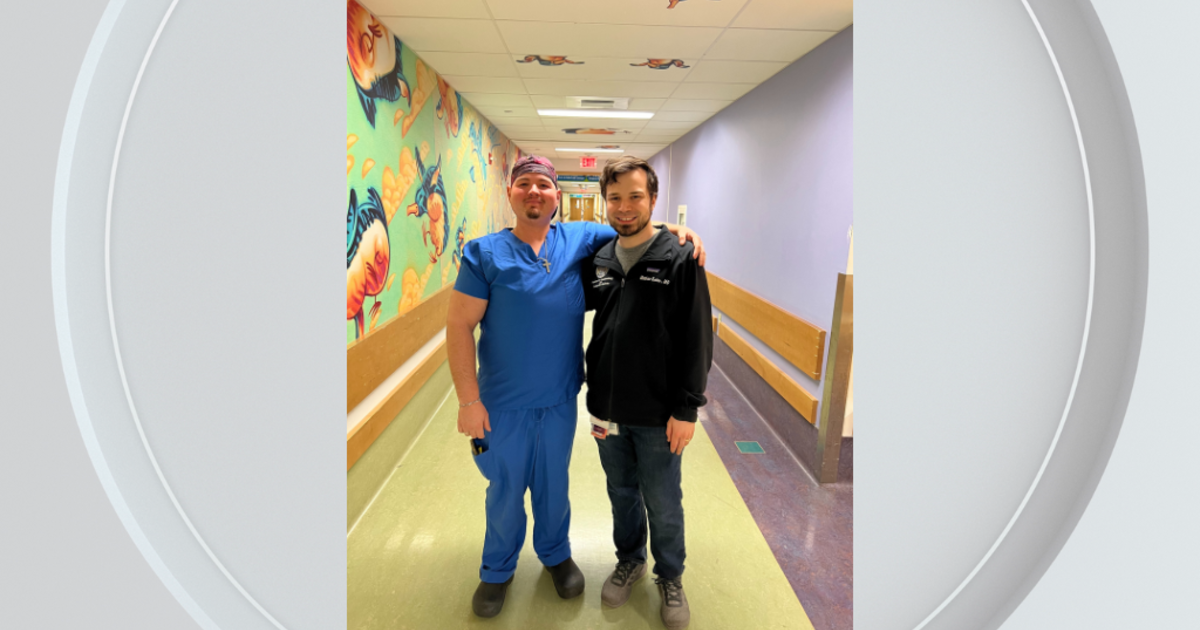UPMC Recommends 'Cautious' Reopening Of Long-Term Care Facilities After Recent Study
PITTSBURGH (KDKA) -- Recent studies from UPMC on vulnerable populations' response to COVID-19 vaccines have led to new insights on the fight against the pandemic.
One study focused on long-term care residents' antibody response after having been fully vaccinated with either the Pfizer or Moderna vaccine.
"This one percent of the U.S. population that resides in long-term care represents 33 percent of U.S. deaths from this disease," said Dr. David Nace, chief medical officer of UPMC Senior Communities and associate professor in the University of Pittsburgh's Division of Geriatric Medicine.
UPMC and the University of Pittsburgh tested blood from 70 UPMC Senior Community residents who volunteered for the study.
All residents were found to have detectible antibodies against SARS-CoV-2, though these levels did vary among those individuals, according to UPMC.
While this does not mean that these individuals are invulnerable against COVID-19, UPMC says that, with mass vaccination, long-term care facilities can reopen with multiple safety measures in place, including social distancing, mask wearing and asymptomatic COVID-19 testing.
"If we had looked and seen over half of these residents did not have antibodies, it would have said we would really need to be much more conservative in our approach," said Dr. Nace. "Whereas the fact that we're finding antibodies in all these individuals--although they did vary quite a bit from very high to very low levels--it does mean that we should proceed with reopening and it should not restrict us. But we do need to be thoughtful, we do need to be cautious. We still need to use the masks and hygiene, we need the physical separation, but we really should be making efforts to start decreasing the negative impacts of social isolation on individuals and start reopening some of these facilities."
If a resident does contract the virus, UPMC is recommending that they seek out monoclonal antibody treatment as soon as possible.
Another UPMC study found that some patients with cancer that affects the blood did not show antibody response against SARS-CoV-2.
"These patients are at very high risk for death if they develop COVID-19," said Dr. Ghady Haidar, UPMC transplant infectious diseases physician and assistant professor in Pitt's School of Medicine.
Among 67 patients with cancer of the blood, bone marrow and lymph nodes, Dr. Haidar says, "More than half, so 54%, actually produced detectable antibodies to the COVID-19 virus."
Because almost half did not, Dr. Haidar recommends that people continue to mask and distance even after vaccination, and especially people with these cancers.
"As we see more national guidance allowing for unmasked gatherings among vaccinated people, clinicians should counsel their immunocompromised patients about the possibility that COVID-19 vaccines may not fully protect them against SARS-CoV-2," said Dr. Haidar. "Our results show that the odds of the vaccine producing an antibody response in people with hematologic malignancies are the equivalent of a coin flip."
However, UPMC said that individuals should not seek out repeat or booster vaccinations, even if they do not produce an antibody response.
The findings did not surprise the doctors because people in these groups have had less robust responses to other vaccines.
Dr. Nace says even after full vaccination, some of the nursing home residents developed COVID, but, "These individuals after the second shot have been asymptomatic. So that means the vaccine is providing some level of protection there."
To prevent hospitalization and death, the doctors urged people with early illness to get IV treatment.
"The demand for monoclonal antibodies at our infusion centers and emergency departments more than quadrupled," said Tami Minnier, M.S.N., UPMC's chief quality officer. "We have treated more patients in the last three weeks than at any point prior."
More work needs to be done to figure out why some cancer patients did not produce antibodies, and also, how people with HIV, autoimmune diseases and transplants respond to the vaccine.



